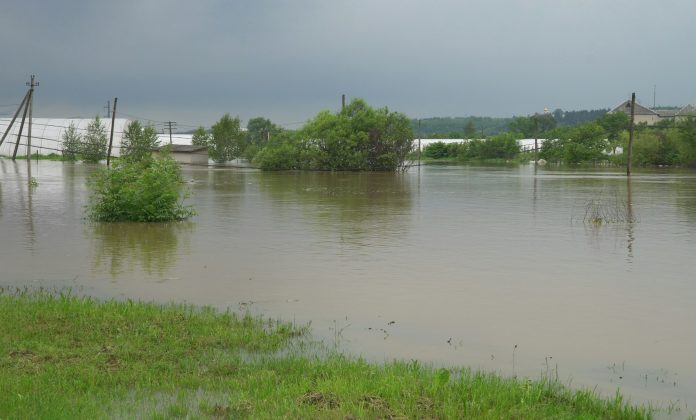In a significant move to alleviate the burden on small businesses grappling with the aftermath of devastating floods in Juneau, Alaska, the Internal Revenue Service (IRS) has announced an extension of various tax filing and payment deadlines. This relief, effective immediately, offers business owners critical flexibility during a challenging recovery period.
Beginning August 5, 2024, when the flooding first affected the region, those impacted can now take advantage of extended deadlines up until May 1, 2025, for filing and paying many federal taxes. This generous timeframe aims to provide much-needed support to individuals and businesses facing the financial and logistical challenges posed by this disaster.
Key Takeaways for Small Business Owners:
- Extended Deadlines: Affected taxpayers can file various returns, including 2024 individual and business tax returns, and make tax payments without penalty until May 1, 2025.
- Scope of Relief: Any individual or business located in the City and Borough of Juneau qualifies for this relief, which will apply to any areas subsequently included in the disaster designation.
- Automatic Relief: The IRS automatically grants relief to anyone with an IRS address within the disaster area, relieving business owners of the need to contact the agency proactively.
- Payroll and Excise Tax Relief: Penalties for failing to deposit payroll and excise taxes owed during the disaster period will be abated if paid by August 20, 2024.
- Claiming Losses: Businesses may claim uninsured or unreimbursed disaster-related losses on either their 2023 or 2024 tax returns, providing flexibility in how they manage potential losses.
This IRS initiative represents a coordinated federal effort to support recovery in Juneau following the adverse impacts of flooding. As Janet McGowan, a local tax advisor, noted, “This extended relief will give affected small business owners peace of mind, allowing them to focus on recovery rather than the immediate pressures of tax filing and payments.”
Practical Applications
For small business owners, these measures present a unique opportunity to reclaim focus on rebuilding without the immediate pressure of tax deadlines. Businesses typically dedicate significant resources toward tax preparation. With the new deadlines, owners can reallocate those resources, whether toward inventory restocking, employee support, or repair efforts. This kind of flexibility can be instrumental in stabilizing a business post-disaster.
Taxpayers can benefit from knowing their field is covered by this relief. Businesses with extensions for 2023 returns must remember that while the filing deadlines have shifted, payments originally due last spring are still required. This means adequate cash flow planning remains essential.
One of the challenges that may arise is the adjustment period for business owners unfamiliar with managing extended tax timelines. While broader deadlines offer respite, ensuring past obligations still get met is crucial for ongoing compliance.
Furthermore, individuals or businesses in the affected area who may not have filed using their record IRS address face additional steps if they receive late filing or payment notices. Addressing these notices promptly and contacting the IRS, as needed, becomes paramount to safeguard against unnecessary penalties.
Additional Information and Resources
The IRS encourages taxpayers to refer to their official disaster assistance web page here to navigate other returns and payments that qualify for relief. Furthermore, businesses wanting a further understanding of financial recovery options can find government assistance resources available at DisasterAssistance.gov.
In terms of tax preparation, resources such as Volunteer Income Tax Assistance (VITA) and Tax Counseling for the Elderly (TCE) can provide free help for eligible individuals and families. AARP Tax-Aide sites also offer assistance, particularly for seniors, potentially easing the burden on older business owners.
While the road to recovery may be long, the tax relief measures provide a beacon of hope for small businesses in Juneau. The IRS aims to support the local economy by offering much-needed breathing room during what is undoubtedly a challenging time. For ongoing updates and detailed information regarding specific tax requirements and exclusions, the IRS website serves as a critical resource.
The IRS’s announcement demonstrates a commitment to easing the financial impact of natural disasters, ensuring small business owners have the tools they need to navigate this recovery successfully. For more details about this tax relief, visit the IRS page here.



